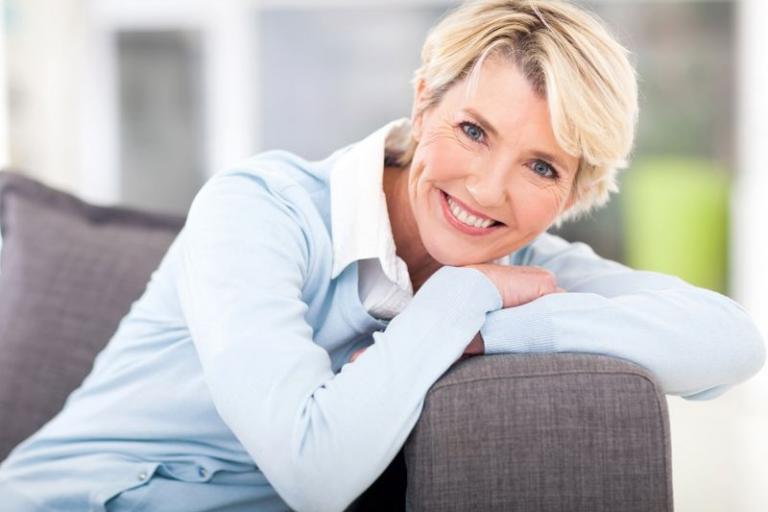In a recent essay for the website Open Democracy, Willem Kuyken analyzes the effects of the COVID-19 pandemic from a mental health stand point, arguing that the crisis is “wreaking havoc… on our well-being… [and] holding up a mirror to our vulnerability in every sense.” I agree with Kuyken that the coronavirus has upended our sense of normalcy and certainty, and the financial instability at the center of many of our lives has brought a collective anxiety to the surface.

While Kuyken writes that COVID-19 has given rise to a palpable sense of “disbelief, fear and worry,” he also suggests that it is helpful and healthy to focus on the silver lining, offering that “the pandemic has renewed our trust in the very best of medicine, science, journalism, business and charity as a way to solve urgent problems.”
Tara, age 48, who I interviewed recently put it like this: “I had drifted apart from my family and hadn’t made contact for almost two years, but when COVID-19 hit, I called my mom, who lives in New York, and it was great to hear her voice and to know she and my dad were OK. We’ll always have our differences and they don’t approve of my lifestyle, living with my boyfriend who is over 60, and choosing not to have kids, but they are still my parents. I guess this crisis may end up bringing us together.”
Indeed, the pathway to seeing that silver lining clearly, through the fog of anxiety, lies in being grounded in the practical applications of psychology. In outlining four less obvious, slightly more abstract ideas informed by psychology, Kuyek points out that managing our mental health begins with mindfulness. By “steadying our attention” and exercising a deliberateness about our thought process, we can avoid the cycle of unease and exhaustion that comes from constantly focusing on problems. Kuyek quotes William James as a way of summing up this philosophy: “Without selective interest, experience is utter chaos.”
Kuyak’s practical application of mindfulness is concerned with “changing how we relate to the pandemic.” Essentially, the incredible adaptability of the human mind allows us to shift our focus from a typical, problem-solving-oriented mindset to an awareness of the present moment. This kind of mindfulness will enable us to process our emotions are they arise, sort through the “fixable” problems, and overcome our anxieties by remaining centered on the immediate rather the often overwhelming experience of feeling out of control.
Next, Kuyek explains that achieving this sort of mindfulness will allow us to understand that our “thoughts, words and actions shape our minds and the world.” In other words, if we can set aside the worry that comes with paying too much attention to an uncertain future, we can create a sort of personal environment that is conducive to our mental health. If we stay glued to the negativity of news, we’ll fall into a trap of that negativity. Conversely, if we are able to simply exist in the moment and focus on the small but significant positive things in our lives, we can actualize a healthier state of mind.
For example, Anthony, age 50, who is recently divorced and struggling with loneliness and issues with custody of his kids says, “Life is tough, but I do have a job that I can do every day on-line and get paid weekly. I don’t get to see my kids as often as I’d like to, but at least we have quality time on weekends and I’m trying to make the most of my blessings. It doesn’t help my mental state when I dwell on the losses I’ve experienced and the reasons why my marriage failed. I want to set a good example for my kids.”
Finally, Kuyek suggests that we can maintain our mental hygiene through experiencing a sense of accomplishment that comes from setting and achieving small goals, and from helping others. Whether the “goal” is to cook a great meal for your family, go on a slightly longer walk today than you did yesterday, or simply calling or writing a loved one to tell them how important they are, these micro-accomplishments help us feel a connectedness to our physical and mental health. After all, exercise and establishing an emotional connection with our friends and family are two of the best remedies for stress, pandemic or not.
Twitter, Facebook, and, movingpastdivorce.com. Terry’s award winning book Daughters of Divorce: Overcome the Legacy of Your Parents’ Breakup and Enjoy a Happy, Long-Lasting Relationship is available on her website. Her new book The Remarriage Manual: How to Make Everything Work Better the Second Time Around was published by Sounds True on February 18, 2020.
I’d love to hear from you and answer your questions about relationships, divorce, marriage, and remarriage. Please ask a question here. Thanks! Terry












